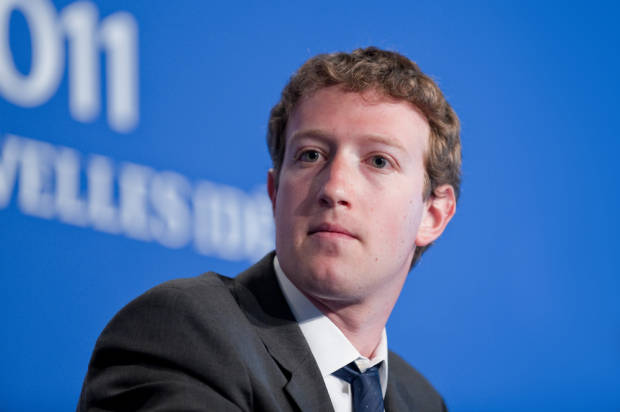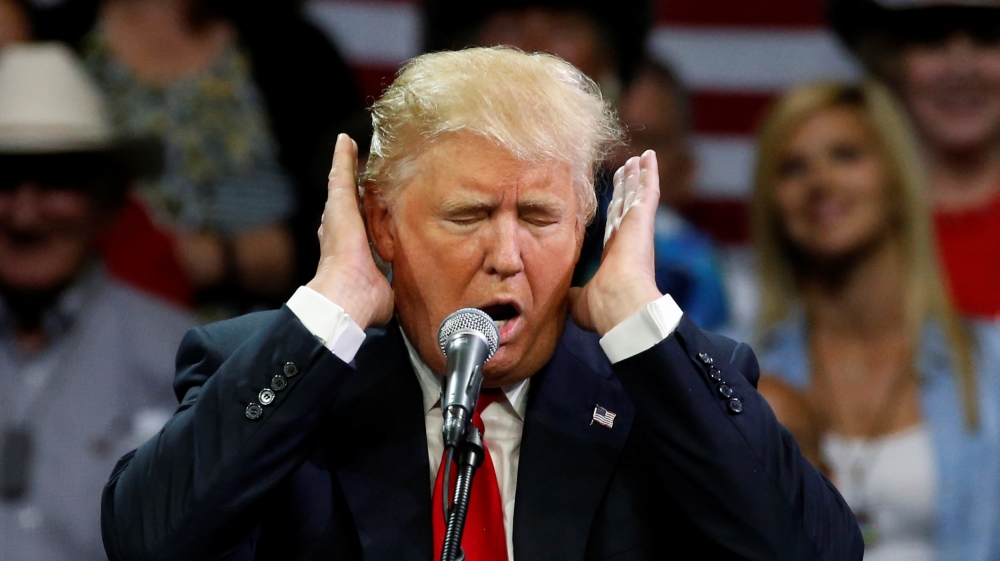After revelations emerged of data analytics firm, Cambridge Analytica, meddling with Nigeria’s teething democracy; that the President Muhammadu Buhari administration is silent about the issues raised, is alarming.
SCL Elections, parent company of Cambridge Analytica confirmed the data analytics firm was hired to play a role in the 2015 General Elections that brought the Buhari government to power with the company saying it was hired to provide advertising and marketing services only.
However, several confessional statements made by employees of the firm, seven of them, with close knowledge of the 2015 election campaigns, showed that Cambridge Analytica did more than just providing advertising and marketing services.
Employees of Cambridge Analytica, according to a report by the Guardian UK, actually worked effortlessly and ruthlessly to sway the 2015 general election votes in favour of a particular candidate.
Describing how Cambridge Analytica worked with people they believed were Israeli computer hackers, they said the hackers offered Cambridge Analytica access to Buhari’s financial and medical records, and that they had accessed the private emails of two politicians who are now heads of state in the country.
Also, Cambridge Analytica was reported to have used an astonishing and disturbing video to push the campaign, a malicious one, against Buhari.
“Coming to Nigeria on February 15th, 2015. Dark. Scary. And very uncertain. Sharia for all. What would Nigeria look like if Sharia were imposed by Buhari?,” the Guardian UK report quotes the voiceover on the campaign video.
“Its answer to that question is certainly dark. And scary. It’s also graphically, brutally, violent. One minute and 19 seconds of archive news footage from Nigeria’s troubled past set to a horror movie soundtrack. There are scenes of people being macheted to death. Their legs hacked off. Their skulls caved in,” the report stated of the campaign video.
According to one of the employees, now a former contractor of the firm, “It was voter suppression of the most crude and basic kind. It was targeted at Buhari voters in Buhari regions to basically scare the shit out of them and stop them from voting”.
According to the Guardian UK, the employees confessed Cambridge Analytica was paid an estimate of N1 billion by an undisclosed Nigerian billionaire barely six weeks to the elections to sway the votes.
There is, however, no suggestion former President Goodluck Jonathan, who lost to Buhari in the election, knew of the covert operation.
While SCL Elections has denied the confessional statements, President Buhari was also fingered in the report.
SCL said “During an election campaign, it is normal for SCL Elections to meet with vendors seeking to provide services as a subcontractor. SCL Elections did not take possession of or use any personal information from such individuals for any purposes. SCL Elections does not use ‘hacked’ or ‘stolen’ data.
“Members of the SCL Elections team that worked on the Nigeria campaign remained in country throughout the original campaigning period, although the election was rescheduled and SCL was not retained for the entirety of the extended campaign period. Team members left in accordance with the company’s campaign plan”.
And then according to the Guardian UK report that also fingered Buhari, in the whole development, his team was alleged to have hired AKPD, the firm of former Barack Obama strategist David Axelrod, to push slick-social-media-heavy, Obama-esque message of hope in favour of Buhari.
A Cambridge University professor named Aleksandr Kogan was reported as well to have harvested valuable information on the data of about 50 million Facebook users in the US to sway votes in favour of Donald Trump.
Also, UK Channel released an expose on Monday which showed the managing director of Cambridge Analytica’s political division, Mark Turnbull, admitting to being responsible for every element of the highly contested campaigns of incumbent President Uhuru Kenyatta during the 2013 and 2017 election cycles.
In the video, Turnbull admitted to the channel’s undercover reporter that Cambridge Analytica had re-branded the Jubilee party by writing its manifesto and speeches, and conducting surveys, and the Kenyan government has shown a red eye to the firm.
Sources said the same Israeli team that had worked on the Nigeria campaign obtained private information of the St Kitts and Nevis politician Timothy Harris at the time he was an opposition leader, and is now prime minister.
Cambridge Analytica chief executive Alexander Nix, who has since been fired, was reported to have given staff instructions to handle material provided by computer hackers in the election that took place in St Kitts and Nevis.
German and Israeli governments and a host of others have since launched investigations into the data practices of Facebook even when its founder and CEO Mark Zuckerberg has opened up to say they are doing all they can to address the situation.
In the wake of these disturbing developments with governments around the world having to express concerns about their democracies to demand answers from Facebook, especially on how safe data of their citizens are, and with the 2019 general elections at the corner; is it not imperative the Nigerian government act?

